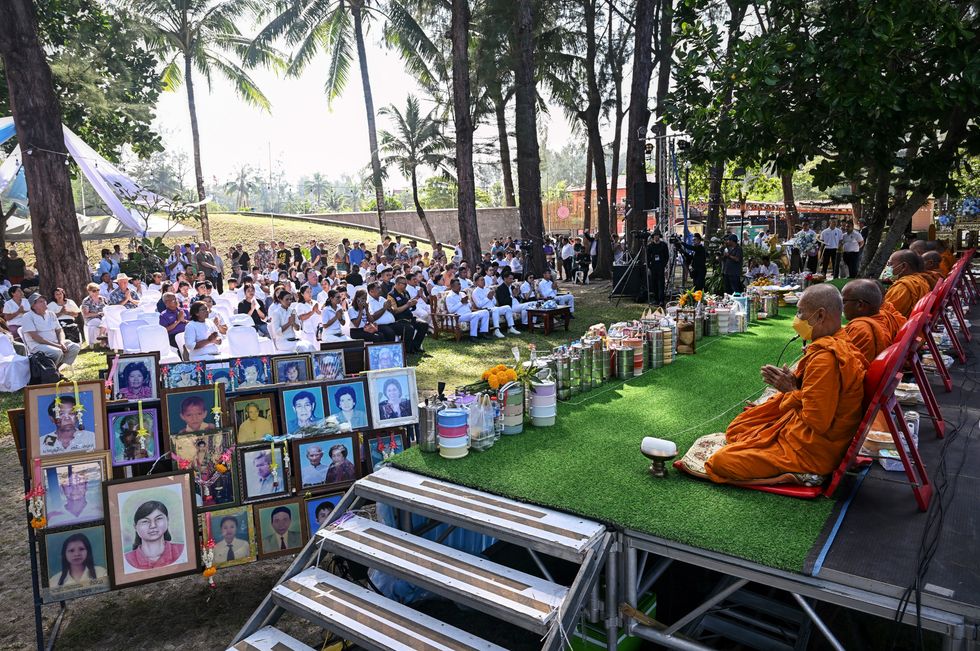India has made significant progress in terms of gender parity, climbing eight places to rank 127 out of 146 countries, according to the World Economic Forum's annual Gender Gap Report for 2023.
In the previous edition of the report in 2022, India was ranked at 135.
The country has shown improvement by 1.4 percentage points and has partially recovered towards its 2020 parity level.
The report highlights that India has achieved parity in enrollment across all levels of education.
However, in terms of economic participation and opportunity, India has only reached 36.7 per cent parity, indicating the need for further advancements in this area.
Overall, India has closed 64.3 per cent of the gender gap, the report said.
According to the report, among India's neighboring countries, Pakistan ranked 142, Bangladesh ranked 59, China ranked 107, Nepal ranked 116, Sri Lanka ranked 115, and Bhutan ranked 103 in terms of gender parity.
Iceland, on the other hand, maintained its position as the most gender-equal country in the world for the 14th consecutive year and is the only country to have closed over 90 per cent of its gender gap.
The report highlighted that while India has seen improvements in wage and income parity, there has been a slight decline in the representation of women in senior positions and technical roles compared to the previous edition.
In terms of political empowerment, India achieved 25.3 per cent parity, with women accounting for 15.1 per cent of parliamentarians, which is the highest representation recorded for the country since the inaugural report in 2006.
Out of the 117 countries with available data since 2017, 18 countries -- including Bolivia (50.4 per cent), India (44.4 per cent) and France (42.3 per cent) -- have achieved women's representation of over 40 per cent in local governance.
This comes after Women and Child Development Minister Smriti Irani earlier this year said the WEF recognised the need to enumerate women's participation in local government bodies in its Gender Gap Report after the government raised the with it in Geneva.
For India, the 1.9 percentage point improvement in sex ratio at birth has driven up parity after more than a decade of slow progress, the report said. However, it also said that for Vietnam, Azerbaijan, India and China, the relatively low overall rankings on the Health and Survival sub-index is explained by skewed sex ratios at birth.
"Compared to top scoring countries that register a 94.4 per cent gender parity at birth, the indicator stands at 92.7 per cent for India (albeit an improvement over last edition) and below 90 per cent for Vietnam, China and Azerbaijan," it said.
Overall, the southern Asian region has achieved 63.4 per cent gender parity, the second-lowest of the eight regions.
The score in south Asia has risen by 1.1 percentage points since the last edition on the basis of the constant sample of countries covered since 2006. The improvement is partially attributable to the rise in scores of populous countries such as India, Pakistan and Bangladesh.
In terms of the share of women in ministerial positions, 75 countries have 20 per cent or less female ministers.
Populous countries such as India, Turkey and China have less than seven per cent women ministers while those like Azerbaijan, Saudi Arabia and Lebanon have none.
Overall, the report said gender parity globally has recovered to pre-Covid levels but the pace of change has stagnated as converging crises slow progress.
While no country has yet achieved full gender parity, the top nine countries have closed at least 80 per cent of their gap. The report found that the overall gender gap has closed by 0.3 percentage point from last year.
The overall progress in 2023 is partly due to the improvement in closing the educational attainment gap, with 117 out of the 146 indexed countries now having closed at least 95 per cent of the gap.
The report stated, "For the 146 countries covered in the 2023 index, the Health and Survival gender gap has closed by 96 per cent, the Educational Attainment gap by 95.2 per cent, Economic Participation and Opportunity gap by 60.1 per cent, and Political Empowerment gap by 22.1 per cent."
Parity has advanced by only 4.1 percentage points since the first edition of the report in 2006, with the overall rate of change slowing significantly.
Closing the overall gender gap will require 131 years. At the current rate of progress, it will take 169 years for economic parity and 162 years for political parity, the report stated.
"While there have been encouraging signs of recovery to pre-pandemic levels, women continue to bear the brunt of the current cost of living crisis and labour market disruptions," said WEF Managing Director Saadia Zahidi. "An economic rebound requires the full power of creativity and diverse ideas and skills. We cannot afford to lose momentum on women's economic participation and opportunity," Zahidi said.
The Global Gender Gap Report, now in its 17th edition, benchmarks the evolution of gender-based gaps in four areas: economic participation and opportunity; educational attainment; health and survival; and political empowerment.
It is the longest-standing index which tracks progress on closing these gaps since its inception in 2006. It also explores the impact of recent global shocks on the gender gap crisis in the labour market.
(PTI)






 Monks sit on a stage next to portraits of tsunami victims as people take part in an interfaith ceremony at the Ban Nam Khem Tsunami Memorial Park in southern Thai province of Phang Nga on December 26, 2024. (Photo: Getty Images)
Monks sit on a stage next to portraits of tsunami victims as people take part in an interfaith ceremony at the Ban Nam Khem Tsunami Memorial Park in southern Thai province of Phang Nga on December 26, 2024. (Photo: Getty Images)













